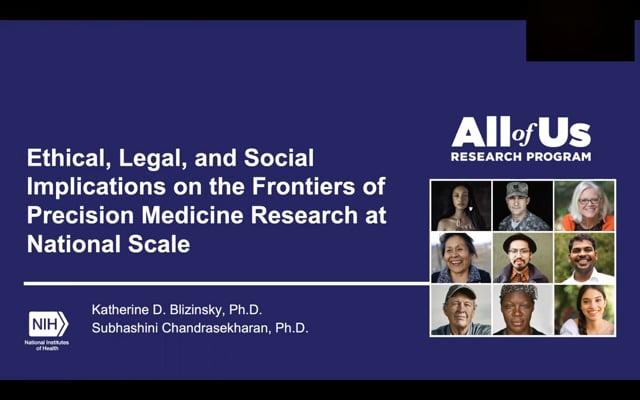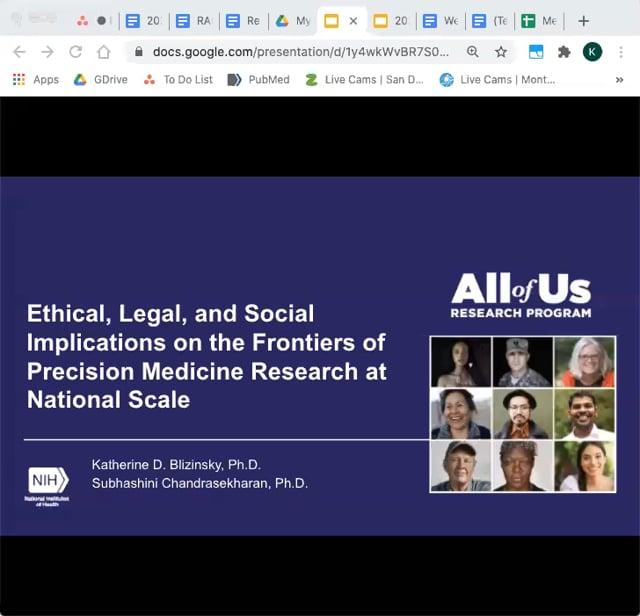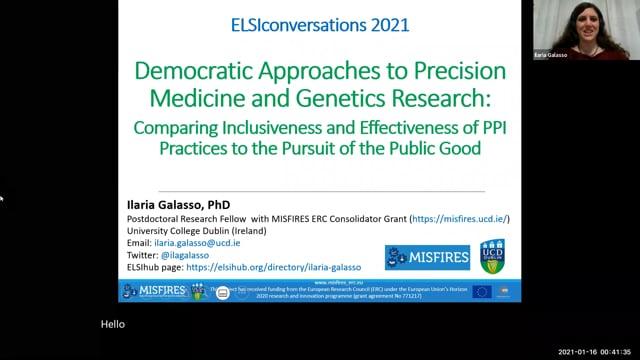Direct-to-Consumer Genetic Testing: Public Perspectives and Considerations Regarding Ancestry and Kinship
Catherine Hammack-Aviran, MA, JD - Vanderbilt University
ELSIconversations - April 2, 2021
Direct-to-consumer (DTC) genetic testing is transforming how people view their individual, familial, and community identities and relationships, particularly when used to discover ancestral origin and biological relationships. Narratives about who one is and where one comes from often include secrets, omissions, and inaccuracies. The expansion of DTC genetic testing has dramatically advanced our ability to learn more about ancestry and kinship, creating opportunities while raising new ethical, legal, and social issues. Within the Genetic Privacy and Identity in Community Settings (GetPreCiSe) NIH Center of Excellence in Ethics Research, we conducted empirical research on public perspectives on DTC genetic testing. In six focus groups of individuals who had heard of but not undertaken such testing, we explored participants’ motivations to pursue or decline DTC genetic testing, their overall likelihood of having DTC genetic testing generally as well as to learn about their specific ancestry and kinship, respectively, and the factors they consider in making decisions. Specifically, participants discussed the meaning of ancestry information for their self-perception and identity and the potential effects of unexpected ancestry results. They also reflected on the meaning of biological relatedness in familial relationships, the potential effects of unexpected kinship results, and the possibilities of receiving and initiating contact with a previously-unknown relative. We will present key research findings illuminating the range of considerations of, and potential effects on, individuals, families, and communities of decisions relating to DTC ancestry and kinship testing and their broader implications for shaping policy about genetic privacy and identity.
Tags
Videos in Series
-
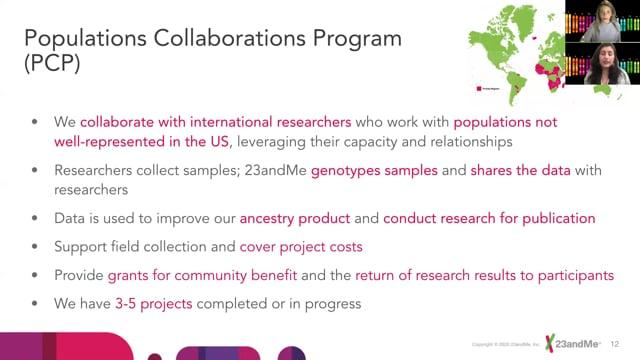
ELSIconversations 1: ELSIcon2020 - A Prospectus on Ethical Issues in the Context of Collaborations Between Academic and Non-academic Institutions on Genetics Research
-
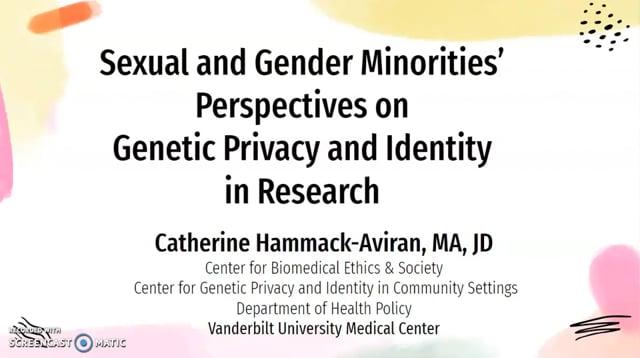
ELSIconversations 1: ELSIcon2020 - Sexual and Gender Minorities’ Perspectives on Genetic Privacy and Identity in Research
-
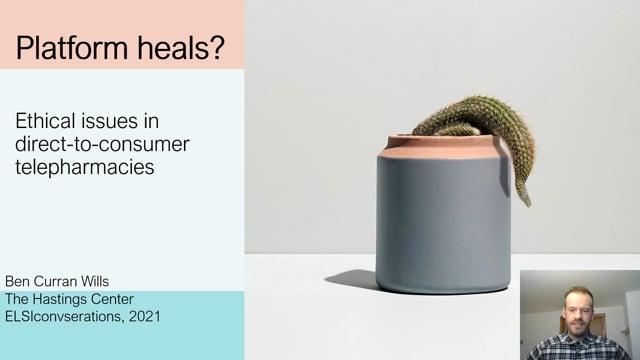
ELSIconversations 1: ELSIcon2020 - Platform Heals? Ethical Issues in Direct-to-consumer Telepharmacies
-
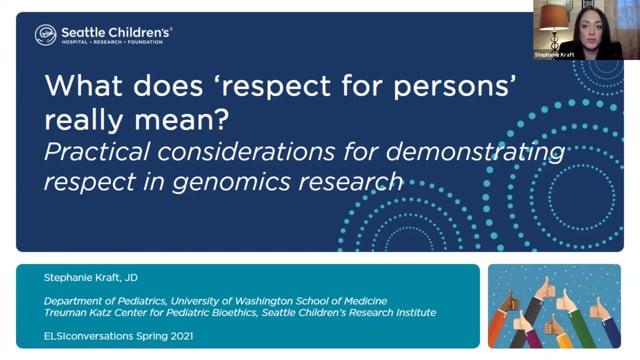
ELSIconversations 1: ELSIcon2020 - What does ‘respect for persons’ really mean? Practical considerations for demonstrating respect in genomics research
-
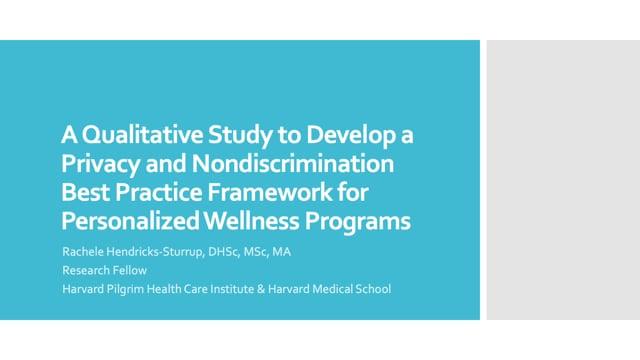
ELSIconversations 1: ELSIcon2020 - A Qualitative Study to Develop a Privacy and Nondiscrimination Best Practice Framework for Personalized Wellness Programs
-
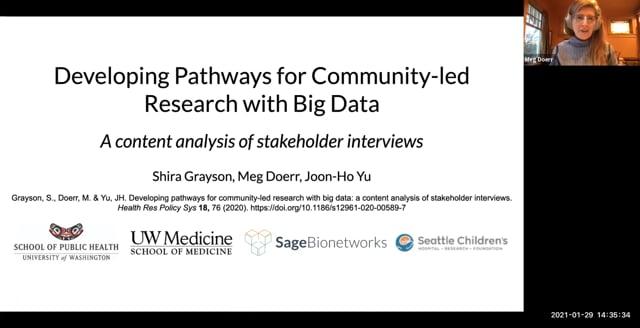
ELSIconversations 1: ELSIcon2020 - Developing Pathways for Community-led Research with Big Data: A Content Analysis of Stakeholder Interviews
-
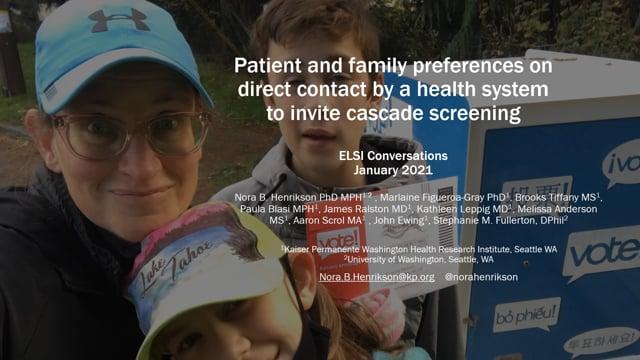
ELSIconversations 1: ELSIcon2020 - Patient and family preferences on direct contact by a health system to invite cascade screening
-
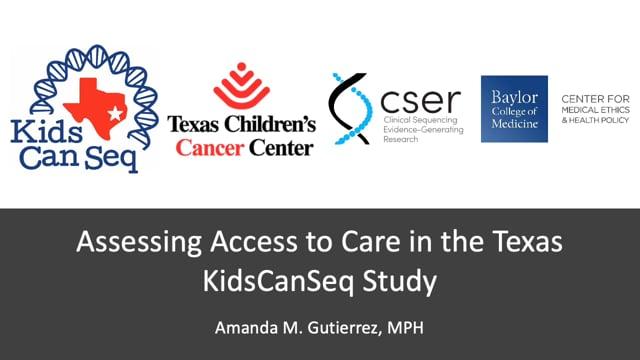
ELSIconversations 1: ELSIcon2020 - Part 2. Assessing Access to Care in the Clinical Sequencing Evidence-Generating Research Consortium: Contexts and Challenges
-
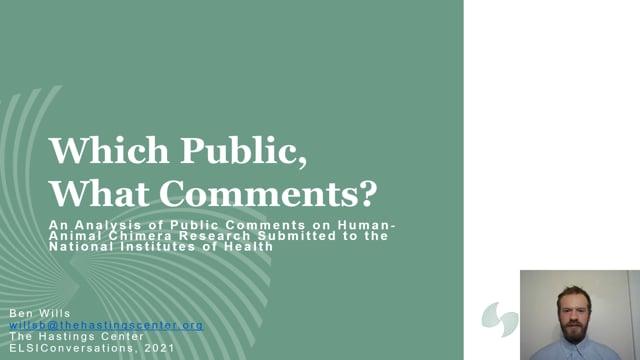
ELSIconversations 1: ELSIcon2020 - Which Public, What Comments? An Analysis of Public Comments on Human-Animal Chimera Research Submitted to the National Institutes of Health
-
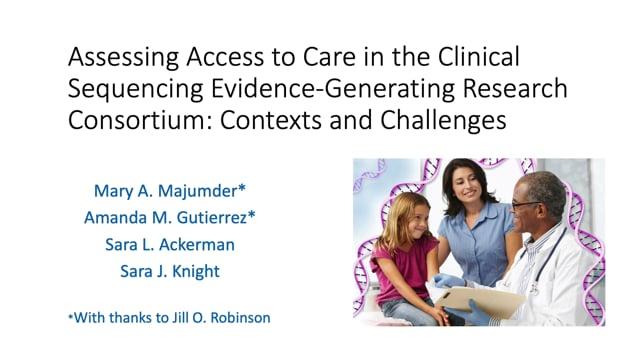
ELSIconversations 1: ELSIcon2020 - Part 1. Assessing Access to Care in the Clinical Sequencing Evidence-Generating Research Consortium: Contexts and Challenges
-
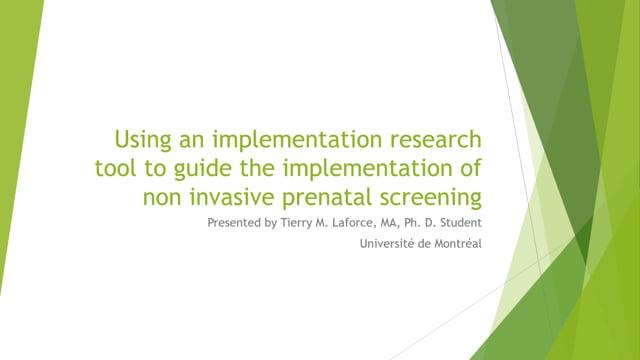
ELSIconversations 1: ELSIcon2020 - Using an implementation research tool to guide the implementation of non-invasive prenatal screening
-
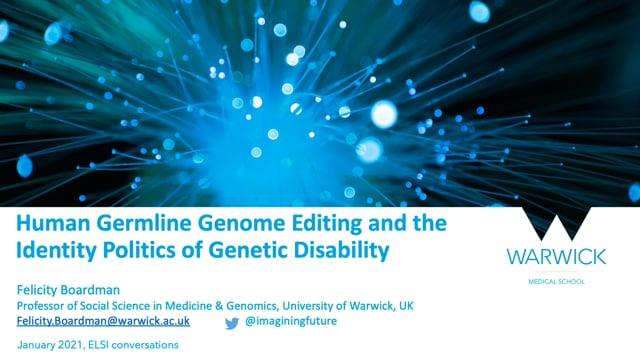
ELSIconversations 1: ELSIcon2020 - Human Germline Genome Editing and the Identity Politics of Genetic Disability
-
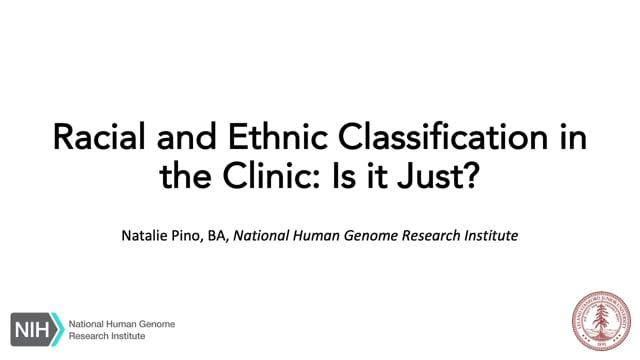
ELSIconversations 1: ELSIcon2020 - Racial and Ethnic Classification in the Clinic: Is it Just?
-
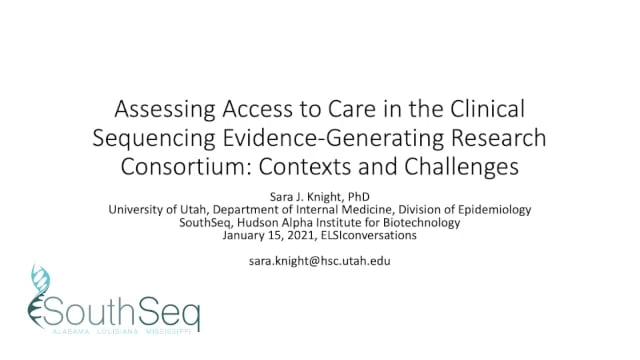
ELSIconversations 1: ELSIcon2020 - Part 4. Assessing Access to Care in the Clinical Sequencing Evidence-Generating Research Consortium: Contexts and Challenges
-
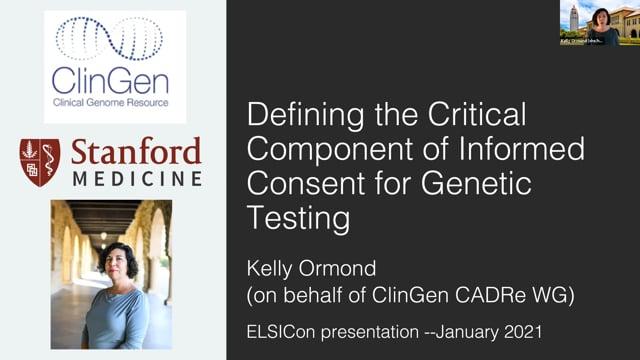
ELSIconversations 1: ELSIcon2020 - Defining the Critical Components of Informed Consent for Genetic Testing
-
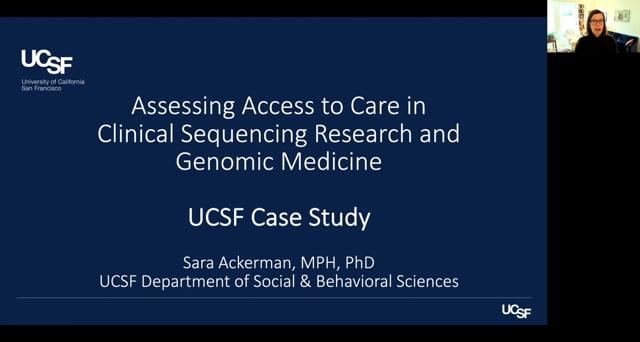
ELSIconversations 1: ELSIcon2020 - Part 3. Assessing Access to Care in the Clinical Sequencing Evidence-Generating Research Consortium: Contexts and Challenges

